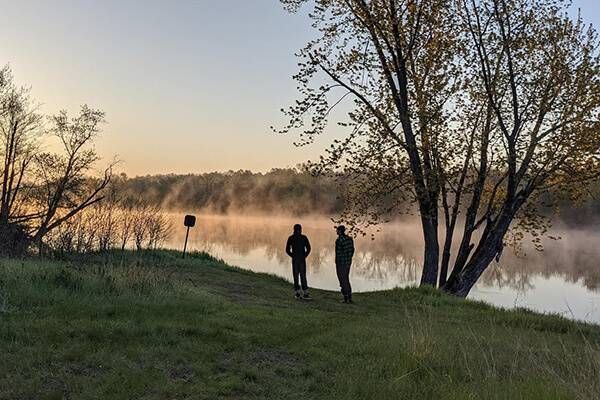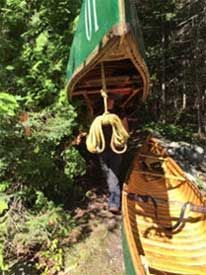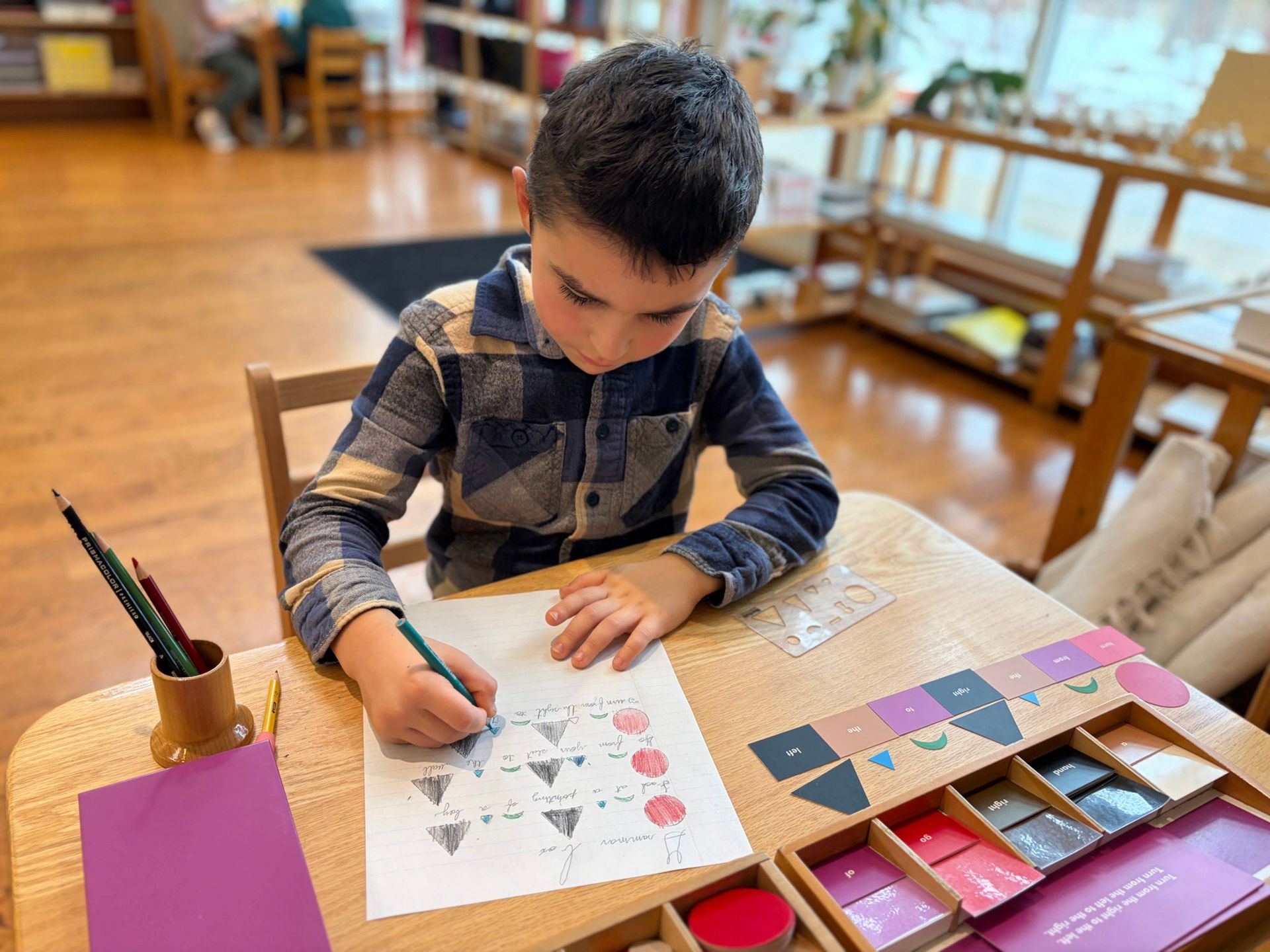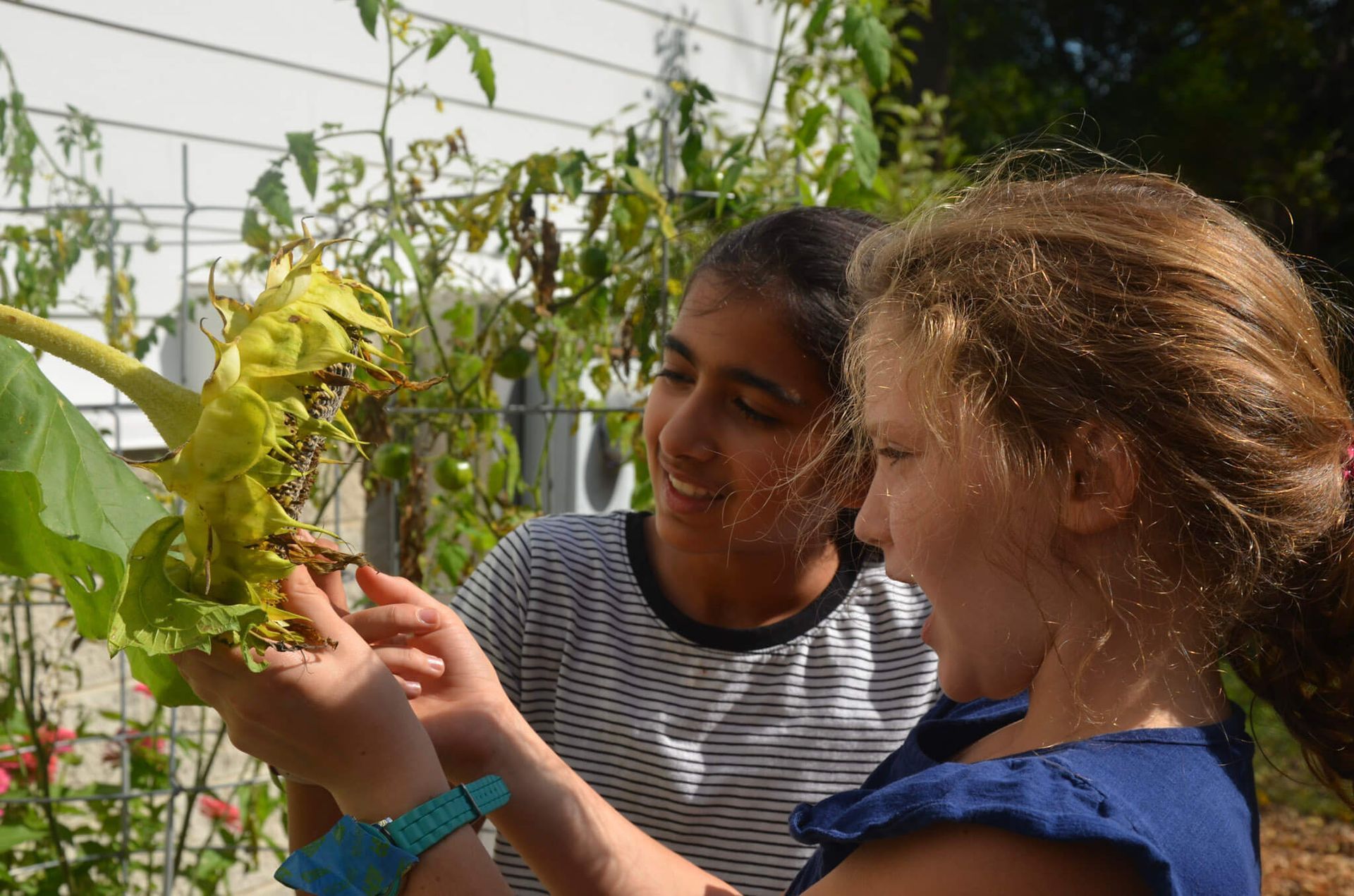
The Postcard From Camp
Last summer, I received a memorable postcard from our 13-year-old son who was away at a canoeing camp in Canada. Imagine my excitement! On one side was an image of campers in their canoes. On the other was one bona fide, run-on sentence. And in this one sentence, there was not a single capital letter, no punctuation whatsoever, the number three was reversed, and every other word, including his own name, was misspelled. Was this a joke?! A young man who had only one more year before entering high school wrote this postcard!
The blood began pulsing in my ears and I had to reread it three times. All of my parental anxieties paraded forth: “How on earth will this person get into a good high school, write thank you notes to adults outside the family, correspond with future employers, survive?” I put the postcard down on the kitchen counter, where it remained, propped up against a bowl of ageing bananas.

After taking a deep breath, I forced myself to “let this go” for the time being and to search for some perspective in the following days. I had just spent the morning reading some of Maria Montessori’s writing, and I knew that somehow, I had to let her wisdom guide me as a parent.
As a Montessori teacher, I often find myself asking parents to have faith in their child’s development and to stay out of the child’s path as much as possible. In our culture, parents innately have a tendency to think we should somehow manage and direct our children’s progress in life. And right now, I was finding myself sitting on both “sides” of this metaphorical “table”: as a Montessori teacher on one side and as one of those parents on the other.
Maria Montessori wrote, “Woe to us, when we believe ourselves responsible…and delude ourselves with the idea that we are perfecting things that will perfect themselves quite independently from us.” In other words, we often, under the guise of “helping,” involve ourselves too much in our children’s challenges. In doing so, we become invaders to their personalities, unwittingly demonstrating a sincere lack of respect for their own abilities to form themselves into capable people. Of course, if a professional should recommend it, we set up tutoring or therapy sessions to support our children. But even as we do so, parents must allow the “postcard” episodes to be simply the moments that they are. If we can do this, our children’s strengths will override their challenges, which are ultimately theirs to overcome, not ours.
I never mentioned the disastrous postcard to my son, and at the end of the summer, I marveled at how he had grown, especially in his character. After six weeks of intense canoe tripping- during which he had paddled all day and carried heavy loads over portages, worked with his fellow campers to survive in the woods, to wield an ax and cook over an open fire- I could see the grit, perseverance, and calm, gentle confidence that he had gained. I could also see that these prevailing strengths would ultimately fuel him to tackle his shortcomings, whether with writing or any other area of life. This realization provided the encouragement I needed to keep my parental concerns in check. I saw the whole picture now: I saw a fine young man before me, ready to face his challenges.
I kept the postcard. I kept it to remind me that our children will grow up in their own time and in their own imbalanced ways- just as you and I did- with awkwardness as well as radiance. Montessori education teaches us that our children are not here for us to judge, but to embrace. So, the next moment you find yourself cringing at your child’s performance, remember: It’s just a postcard.


